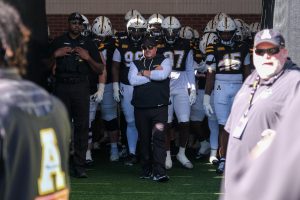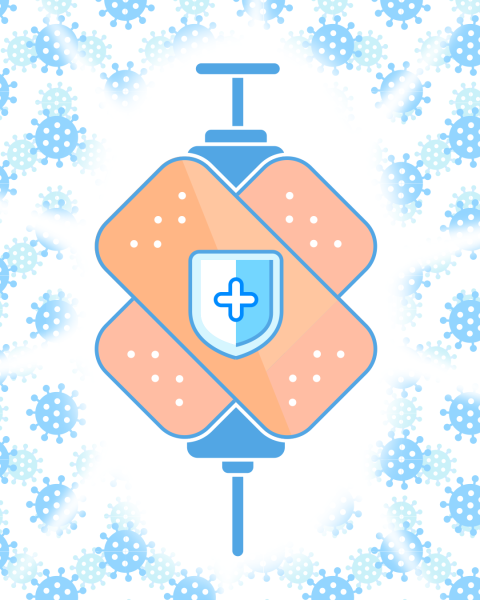ASC Center helps local schools talk about mental health
February 6, 2019
Every day, seven schools across the High Country have access to mental health care through the Assessment, Support and Counseling Center. App State clinician graduate students give K-12 students the mental health support they need.
Founded in 2006 by assistant department chair of psychology Kurt Michael and then-principal of Watauga High School Angela Quick, the center located in Watauga High School not only gives students access to help, but also gives psychology graduate students a chance to practice in the field.
“This is more of an advanced placement setting where we already kind of know some strong abilities, and this just gives them more opportunity to develop those skills,” Michael said. “It definitely has a lot of training involved.”
Prior to practicums or internships at the ASC Center, graduate students must take necessary course work, Michael said. Supervisors of the center meet every week to discuss and assign K-12 students who need service with graduate students who act as clinicians. Clinicians undergo a minimum of one hour weekly individual supervision by a faculty member licensed in social work, psychology, or marriage and family counseling.
Results from the program have shown success—students seen in the center have shown improvement in mental health as well as academics. Watauga County Schools also gave App State a $30,000 grant to continue funding the program in January. This is the 13th year of refunding for the center.
Jamie Kirkpatrick, a clinical psychology graduate student who works in the center, said the ASC Center trained her in areas vital for psychologists, such as crisis management.
“Before working in the ASC Center I didn’t have really any experience doing suicide risk management,” Kirkpatrick said. “I do think that teenagers are a little more prone to having some suicidal ideation, and those are important topics to address.”
Twice as many people die by suicide in North Carolina annually than by homicide, according to the American Foundation for Suicide Prevention. Suicide is the third leading cause of North Carolina deaths ages 15 to 34.
Kirkpatrick said suicide is scary, but important to talk about.
“I think that just in terms of my development as a professional and serving these students, being able to talk about suicide and create safety around suicidal feelings has been probably the most important thing (I’ve learned),” Kirkpatrick said.
Kirkpatrick said she looks forward to experiencing more in the center, along with highlighting the importance of mental health, especially in adolescents.
“Being a teenager is hard in general, paired with some of the stressors that these kids are dealing with,” Kirkpatrick said. “Connecting with these teenagers and kind of meeting them where they’re at is something that has been really important.”
Kirkpatrick said despite the exhaustion from working in crisis management and therapy, the growth she sees in the ASC Center makes it all worth it.
“Just kind of seeing the progress that they’re making throughout the semesters (is rewarding),” Kirkpatrick said.












